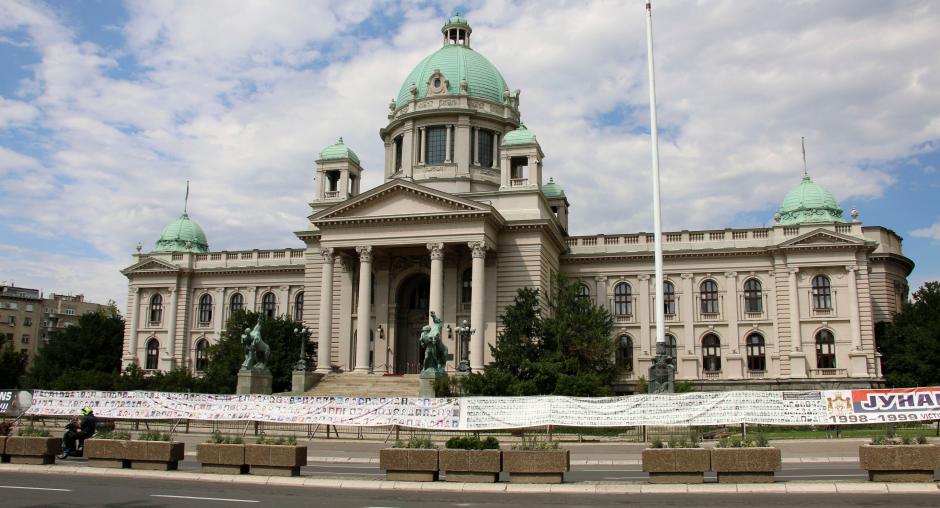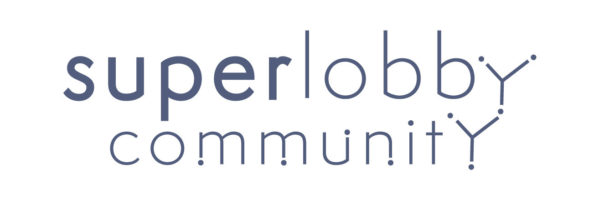
I used to work for two years in Serbia and I always wanted to write a blog on Serbian politics. One of the reason’s it took me so long was that I became acutely aware of how little I knew about politics in Serbia, even though I worked for the Serbian government for two years. I needed to admit this to myself before I was able to write something sensible. I also turned to a great variety of people working on the ground in order to get a better understanding and provide you with the tools in order to get things done in this country.
Serbian politics 101
To understand the political culture of Serbia you must first consider two driving forces. The first one is Serbia’s turbulent past. War and conflict (both armed and unarmed) with either neighbours or great powers seem to dominate Serbia’s historic timeline. Whether it is the historic defeat in 1389 at the hands of the Ottoman forces or Serbia’s pivotal role in World War 1 or more recently the Balkan wars from the 90’s. As one diplomat said: “History is present in every political debate”. The Serbian nation state has faced perils which ranged from territorial disputes to being whipped off the face of the map altogether. For good and for the bad, history as part of the national identity serves as a lever to rally the troops and a constant reminder to stay vigilant. If you are born in a country like the Netherlands (as am I) this is difficult to grasp. However, not taking this into account will make it difficult for you to operate in this country. You simply will not be able to grasp the context.

The second and less dramatic force is Serbia’s Europeanisation process. This started long before the EU even existed. As a result, Serbia is a profoundly European couhttp://eepurl.com/hzcfgfntry and this is reflected in its political culture, its institutions and its legislation. It has a long parliamentary history and its current unicameral system is not all that different then other parliamentary systems in the rest of Europe. There are about 20 working committees which resemble committees everywhere, except for the very specific committee on Kosovo and Metohija. Also interesting are the parliamentary friendship groups which consist of representatives that have a bond with a specific country. I know something similar exists in the European Parliament except that it’s not formalized in the EP. Surprisingly a lot of the information can be found in English and I was told that consultations are also published in English.
In general the role of the parliament is very limited because of the absence of serious opposition; Serbia is basically run by one party, the Serbian Progressive Party. The SNS is led by the current president of Serbia, Alexander Vucic. In the 2020 election opposition parties called for a boycott of the elections as they deemed them irregular. This resulted in a landslide win for SNS and its big-tent alliance “For our Children”, as they now hold a blistering 188 out of 250 seats. As one seasoned lobbyist told me: “In Serbia things have become very simple as you only need to have good relations with one party”. In general, the boycott by the opposition parties is widely regarded as a faux pas as it did not keep the SNS out of office and only consolidated their power. There will be snap election again in april 2022 which some see as a tactical move to strengthen democratic legitimacy. I coincidently ran into one of president-hopefuls, Vuk Jeremic, who also happens to the former minister of Foreign Affairs. I met him in Valjevo while he was on the campaign trail and got the chance to speak with one of his campaign-aides. “Word of mouth and grass root meetings do best in Serbia.”, She explained. Everybody does it. You need to win the hearts and minds, one by one. A media-experts a talked with later disagreed. In Serbia, television is everything.
Superlobbyist Modus Operandi
During my stay I asked different players what the best modus operandi in Serbia in order to have an impact on policy and political outcomes. A veteran lawyer explained to me that there are basically two different ways. The first is to apply so-called administrative/legal pressure. There are functioning mechanisms which make legal recourse possible. “You can start sending out letters to civil servants where you refer to laws and regulations, and if you have a case there is a fair chance you will get your way”. Serbia sometimes seems disorderly, but the mechanisms work surprisingly well. This route does however take a lot of time and patience.
The second option is to escalate to the higher political echelons like ministers. This is something I have heard throughout all my interviews, a lot is being handled on ministerial level. “Of course if you can fix things with a civil servant you are not going to call a minister, but being able to call upon a minister does define your political strength in Serbia” a former lobbyist explains. Another lobbyist describes it differently; “In Serbia, social heritage is everything, people need to know you and that you are able to deliver”. Both the lawyer and the lobbyist agreed that it is very difficult for outsiders to get traction with politicians in Serbia. “There is no point in cold-calling to members of parliament or ministers, you are not going to get that meeting”. It seems in Serbia, you need an inside man.
In Serbia a lot of battles are being fought out through the media. A diplomat recalls. “When I first came to Serbia I was shocked to find out how many battles take place through the media, with name calling and everything.” Another diplomat remarks cynically: “They drag your name through the mud and try to destroy you and the next day it is like nothing happened, they are asking you for an interview”. The media itself can be divided roughly in three parts; state media, the opposition and tabloids. For English site reporting on Serbia and the Balkans I can recommend Balkan Insight and B92.
A final note needs to be made on the role of the EU in Serbia. Serbia is a candidate country and as such is negotiating EU membership. As a result Serbia needs to transpose a lot of EU laws in the coming years. Some interviewees have noted that lobbyists try to use Brussels in order to influence politics or policy in Serbia. This can be done by either having the European institutions zoom in on a specific policy or piece of regulation or through European funds. Serbia receives 1,5 billion Euro through the Instrument for Pre-accession. The funds are distributed through a yearly programming process where ministries develop projects and send them to the European Commission. A lot of lobbying is taking place as a lot of money is involved. Having good contacts with the Embassies and the European Commission seems therefore always a good plan. Having said this, I cannot not notice that the power and influence of the EU has waned in Serbia, ever since a moratorium has been put on EU enlargement by Jean Claude Juncker.
Food and politics mix very well in Serbia and the meetings I had allowed me to explore this even further. For coffee try Cafe Liberte. Trying to impress someone? Go to the Tea House of the Hyatt Regency, it is exquisite. My personal favourites include Madera. If you have time to spare and are looking for an endless lunch, go to Kod Kapetana in Zemun, the Habsburg part of Belgrade. The food is incredible and the service is perfect. The view on the Danube inspires long philosophical debates with no end. For those that love to visit political architecture during their holidays I can warmly recommend the SIV also known as the Palace of Serbia. The Parliament also offers visits. In terms of getting to know the history, you might like the museum of Yugoslavia.

